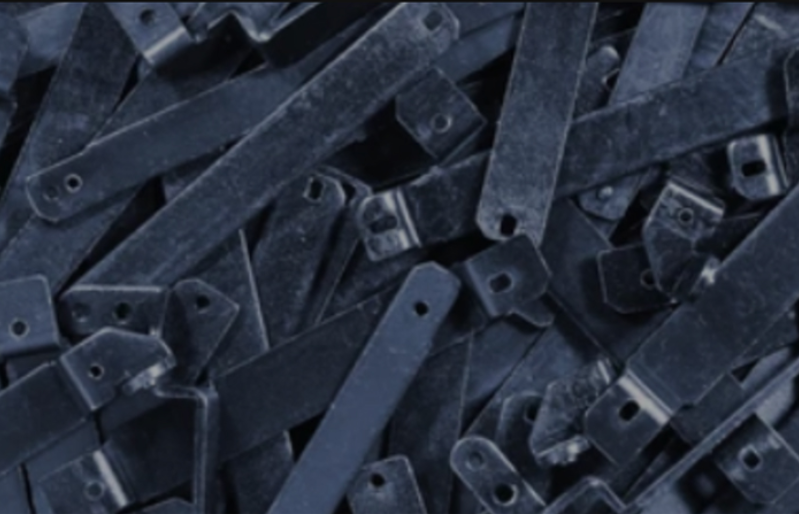Introduction
Precision CNC machining is a cutting-edge technology used in the manufacturing industry to produce intricate and accurate parts. The process involves the use of computer numerical control (CNC) machines to control and manipulate various tools to create precise shapes and dimensions. This article explores the fascinating world of precision CNC machining and its significance in engineering perfection.
Overview of Precision CNC Machining
Precision CNC machining is a highly sophisticated manufacturing technique that utilizes automated machines to produce complex parts with exceptional accuracy. The process involves three main components: a CNC machine, a computer-aided design (CAD) software, and a computer-aided manufacturing (CAM) software. These components work together to transform a digital design into a physical product.
The CNC machine reads the instructions from the CAD software and uses the CAM software to determine the necessary toolpaths and movements required to create the desired part. It then executes these instructions by cutting, drilling, or shaping the material to form the final product. The CNC machine can work with a variety of materials, including metals, plastics, and composites, making it versatile and suitable for a wide range of applications.
Advantages of Precision CNC Machining
Precision CNC machining offers numerous advantages over traditional machining techniques. The most significant advantage is the high level of precision and accuracy it provides. CNC machines can repeat the same movements and cuts repeatedly, ensuring consistent quality and uniformity in the final product. This level of precision is essential in industries where even the smallest deviation can lead to significant problems.
Another advantage of precision CNC machining is its efficiency. Once the CNC machine is programmed, it can run continuously without the need for constant human intervention. This allows for increased productivity and shorter lead times, making it ideal for mass production. Additionally, CNC machines can operate 24/7, further maximizing productivity and reducing manufacturing costs.
Furthermore, precision CNC machining offers greater design flexibility. The CAD software allows engineers to create complex and intricate designs that would be impossible to achieve using conventional methods. This opens up new possibilities for innovative product designs and improved functionality.
Applications of Precision CNC Machining
Precision CNC machining is widely used in various industries, including aerospace, automotive, medical, and electronics. In the aerospace industry, CNC machines are used to manufacture critical parts such as turbine blades, engine components, and aircraft structures. The high precision and quality offered by CNC machining are crucial in ensuring the safety and reliability of these components.
In the automotive industry, precision CNC machining is used to produce engine blocks, transmission components, and chassis parts. The ability to create intricate designs and tight tolerances allows for the production of high-performance vehicles with improved fuel efficiency and durability.

In the medical field, precision CNC machining is used to manufacture surgical instruments, prosthetics, and medical implants. The accuracy and precision of CNC machines ensure that these devices fit perfectly and function effectively, enhancing patient outcomes and quality of life.
In the electronics industry, precision CNC machining is used to create circuit boards, connectors, and enclosures. The ability to produce highly precise and miniaturized components is crucial for the development of advanced electronic devices such as smartphones, laptops, and medical devices.
Conclusion
Precision CNC machining is a remarkable technology that has revolutionized the manufacturing industry. Its ability to produce intricate and accurate parts with high precision and efficiency makes it indispensable in various industries. Whether it is in aerospace, automotive, medical, or electronics, precision CNC machining plays a vital role in engineering perfection. As technology continues to advance, we can expect even greater achievements in precision CNC machining, further pushing the boundaries of what is possible in engineering and manufacturing.
-

- Cassa di trasferimento per ricambi auto in pressofusione in lega di magnesio
-

- Casco Thixomolding pressofuso in lega di mangensio
-

- Telaio per mountain bike Magensium
-

- Parti e componenti in magnesio Thixomolding scheda centrale per telefoni cellulari
-

- Prodotta la scheda centrale macbook con parti metalliche su misura
-

- Il produttore di pressofusione OEM produce ruote in lega di magnesio per bici da spinta per bambini

 0086-750-5616188
0086-750-5616188 +86 13392089688
+86 13392089688 sales@zhongmei-tech.com
sales@zhongmei-tech.com







